No Results Found
The page you requested could not be found. Try refining your search, or use the navigation above to locate the post.

Despite the fact that we live in a very different world, with all kinds of new technology, massive cultural change and numerous other things, many churches are still running the same play.
The information in this resource represents the culmination of 30 years of research working with thousands of churches. While there is not a “one size fits all” when it comes to generosity culture, in our experience, these are the 5 areas that will certainly move the needle.
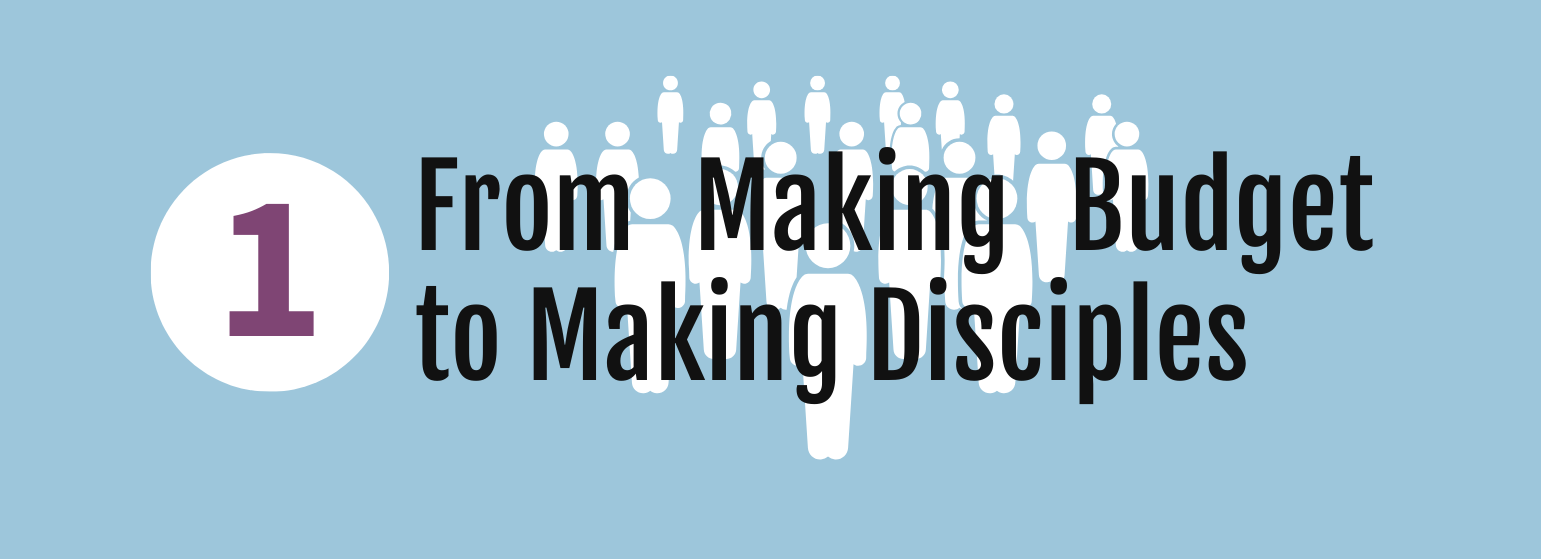
Typical communication about money in the church avoids the spiritual nuance of Jesus’ teachings on the topic and leans toward words like, “We are 5% behind budget so far this year” or “let’s be generous because the church needs a new roof.”
Don’t hear us wrong – we LOVE a good church budget meeting or a well executed capital campaign [it’s how half our team brings home the bacon].
As pastors, it is critical to shift from the “money talk” that centers on what the organization needs to stay afloat or what program needs funding. Our language needs to more consistently reflect the truth that generosity is a spiritual growth lens that impacts every part of the life of the believer.
Call your people to be generous to other causes beyond the church. It quiets the internal alarm that most Millennials and Gen Zers have when talking about money and helps your people see you’re not just running a “bate and switch” by asking for all their $$$.

Most generous Christians learn their convictions about money from parents, family, or close friends. Very few experience transformation primarily by the public teaching of the church.
That means one of 2 things:
1. Either we aren’t communicating about money from the pulpit very often.
OR
2. When we do communicate about money from the pulpit, it’s not effective.
[In our opinion, it’s a little of both…]
Take your top giver out to coffee and ask them who was most influential in shaping their posture towards giving and the specifics they learned from that person. Listen and make notes on what you learn about their philosophy of giving.

A vague one-size-fits-all challenge to be generous is not as helpful as a customized approach for people at various stages of their Christian maturity.
They both are in a discipleship journey but at vastly different places on the path. We need to start where people are located, not guilt or shame there for not being at our chosen destination for them out of the gate.
Take 5 minutes and jot down some key talking points you would use with someone who had never tithed before, but wanted to grow. Now, do the same for someone who gives over 20% of their income to ministries. How would you encourage them differently to stretch in their generosity?

Most members of churches see the “business office” personnel as the primary link regarding giving. The management of money (Finance & Stewardship Department) is often siloed from the spiritual formation value of generous living (Pastoral and Discipleship Department). This makes it nearly impossible to build a culture of generosity.
Coach and empower your financial team to see how their role can be leveraged to disciple your people. At the same time train your pastors to know how to talk about money and stewardship with your people.

Churches need effective and up-to-date methods of encouraging people toward generosity. This is about messaging, technology, generational shifts and more.
Send time educating yourself with new forms of giving such as: digital currency and donor advised funds. Find an expert who can unpack different ways people are donating their assets and not just cash.
Churches in the FUEL Funding Lab who have integrated our proven strategic practices and do not experience a 12% increase in their annual giving within a year of completing the Lab will be entitled to a full refund. That's how strongly we believe in the results of this process!


Organizational psychologist and Wharton Business School professor Adam Grant writes in his book Originals, “The more expertise and experience people gain, the more entrenched they become in a particular way of viewing the world…As we gain knowledge about a domain, we become prisoners of our prototypes.”
This is The Curse of Knowledge.
Think of it this way – Your own success works against you.
It’s as if your triumphs conspire against your creativity. The very domain you’ve come to know intimately transforms into a gilded cage, stifling your creative thinking and imaginative problem solving. Ironically, what you need most from someone leading your strategic planning process is not a seasoned sage of your industry:
You need someone who can serve as a strategic outsider.
Someone who can adapt seamlessly to any sector, with expertise centered on guiding the strategic planning process. Our Vision Integrator is specifically designed to help you defeat the Curse of Knowledge by bringing an outsider’s perspective, fresh insights and a collaborative process built for finding innovation.
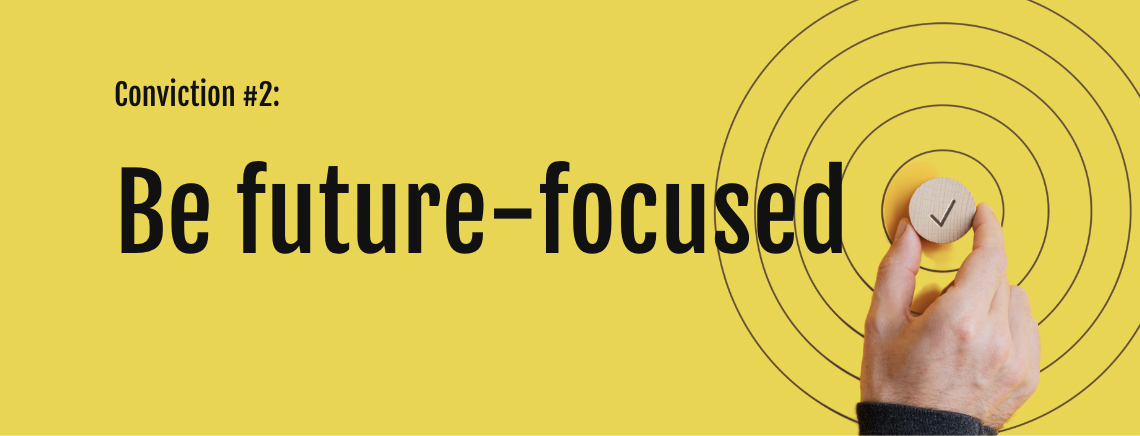
We must become adept at anticipating and adapting to a future that has yet to materialize. This proactive approach to readiness and innovation will enable us to thrive in an ever-evolving landscape.
Wayne Gretzky is, undoubtedly, the greatest hockey player of all time and one of the greatest athletes who ever lived. When he was asked why he was such a remarkable player, he said it had little to do with his natural talent or raw athleticism. He boiled it down to one simple thing:
“I skate to where the puck is going to be,
not where it has been.”

Winston Churchill
The Pareto Principle states that 20% of your time, energy and resources will produce 80% of your results. In other words, find the right twenty percent to focus your energy on rather than trying to find the perfect solution.
A pivotal moment in organizational development occurred with the creation of StratOps, a comprehensive strategic planning process developed collaboratively with Disney and Tom Patterson. Its profound impact on both for-profit and nonprofit sectors cannot be overstated. Over the past 30 years, whether organizations employed the formal StratOp method, turned to other consultants like McKinsey, or utilized another strategic planning tool, chances are they were working with some iteration of the original.
The issue is that these strategic planning processes create a perfect plan, with endless minutia. The result: a 70+ page binder that gathers dust on a shelf while the world changes.
Our planning process will help you find the right 20% to achieve the greatest return on your investment of time and energy. It’s also flexible, practical and pragmatic, so that as things change, you have the flexibility to adapt.
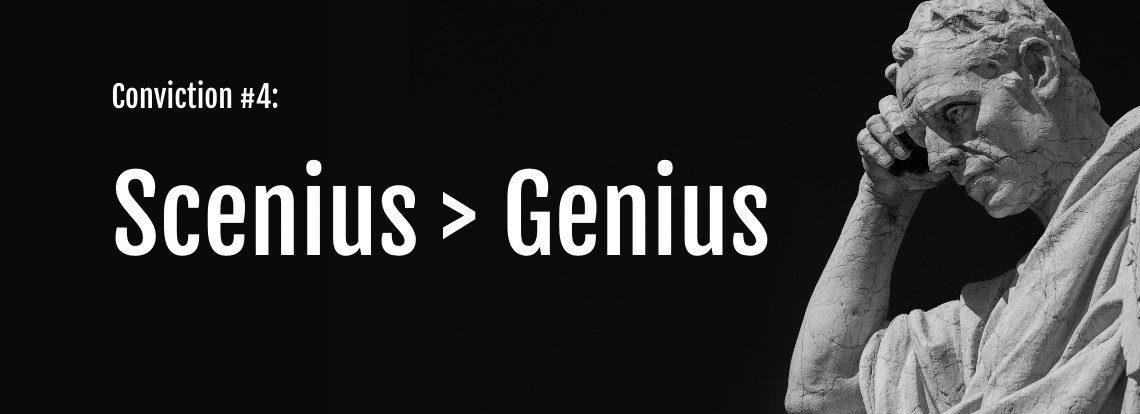
Think about it like this: Brian Eno is one of the most successful, behind-the-scenes creatives in the last 200 years, but only a handful of people know who he is. While he has released a few music albums of his own, his real contribution comes through being a music producer, a harrowing role of shepherding a project from inspiration to completion. He’s produced albums for U2, Talking Heads, David Bowie, Coldplay, David Byrne, James Blake and a host of others.
When reflecting on the creative process, he noticed that it wasn’t one genius at the center of it, it was something else:
“There were … scenes involving lots and lots of people – some of them artists, some of them collectors, some of them curators, thinkers, theorists, people who were fashionable and knew what the hip things were – all sorts of people who created a kind of ecology of talent. And out of that ecology arose some wonderful work. “So I came up with this word ‘scenius’ – the intelligence of a whole operation or group of people. I think that’s a more useful way to think about culture.”
We want to make sure you have the right stakeholders in the room from your staff, donors and board. By involving this diverse array of voices and perspectives, we believe your strategic plan will not only be more comprehensive but also more robust and effective, owing to the collaborative and collective effort invested in its creation.
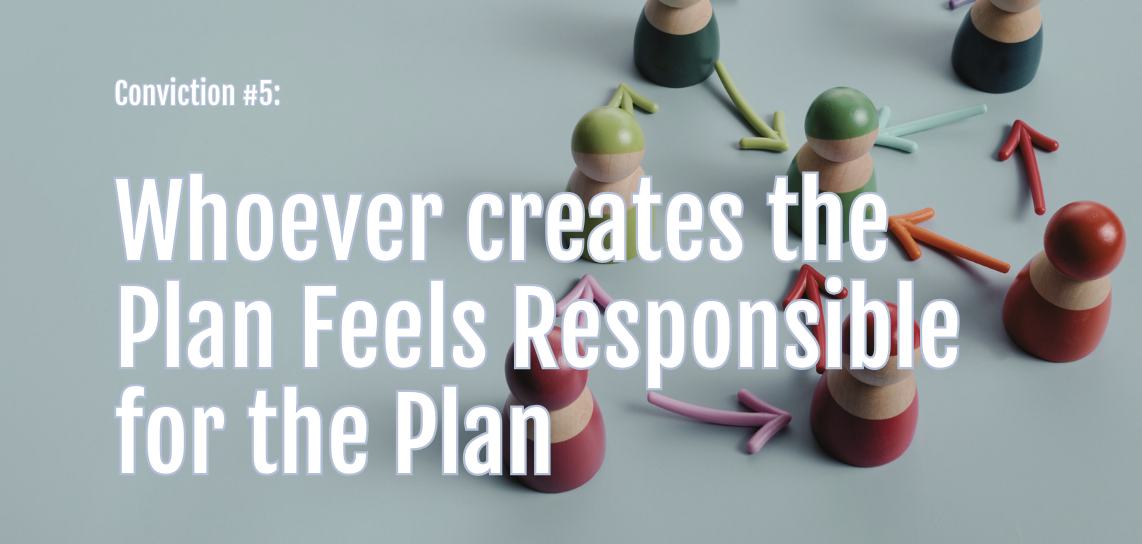
Rather than building a plan we hope people will like and feel compelled by, why not built it with them? The benefits of this collaborative approach extends well beyond mere buy-in. It’s akin to nurturing a garden. When you play a role in cultivating a garden, you’re not just tending to it for the sake of it; you want it to flourish, reflect your care and enjoy the fruit of its success.
One consistent observation we hear is how leaders are pleasantly surprised by the seamless activation of their plan and the substantial momentum it gains. Why does this happen? Because the very people who need to be energized were actively involved in its creation.
The page you requested could not be found. Try refining your search, or use the navigation above to locate the post.

Despite best efforts of nonprofit leaders, many times a strategic plan fails to deliver the goods.
It’s hard enough to get a gifted and capable team to align around a plan, so there are very few things more frustrating for a leader on an Executive Team than when the plan falls flat.
We’ve been there too! It sucks all the oxygen out of the room and feels like you’re stuck on a merry-go-round going nowhere. If we can know what those reasons are ahead of time, it could help you avoid those common misfires. We’ve worked with over 1300+ nonprofits and here are the most common reasons we’ve seen.
As you’ve recently experienced, it’s possible to construct a great plan and the world can render it obsolete in just a couple of weeks. But what’s even more common? “Change by a thousand papercuts.” The world is constantly changing and reinventing and we can wake up one morning have a useless plan in our hands.
The world has changed significantly in the last 15 years, but largely, the process for strategic planning for even the highest impact nonprofits has stayed the same.
Perhaps the only assumption we can make with one hundred perfect accuracy is that change is coming. However, some of the most used strategic planning methods build wonderfully constructed “hard plans.” If the world changes, the plan breaks. Leaders need a process for planning and a deliverable that can flex and anticipate changes. We need something antifragile.
While the best strategic plans are flexible, they also include measurable goals that are “chunked out” as they go. Plans that lack these key performance indicators (KPI’s) tend to find teams with decreased motivation, a lack of focus, and confusion as to how to make confident decisions towards their vision.
Harvard Business Review recently shared that somewhere between 60-90% of strategic plans never fully launch. There are a myriad of reasons for this, but in our experience, it’s a combination of three critical things: Missing accountability structures, Dispersed power centers that aren’t aligned on the plan, and The Plan activation itself started with a whimper rather than a bang. A winning strategic planning process must account for all three of these things.
The page you requested could not be found. Try refining your search, or use the navigation above to locate the post.
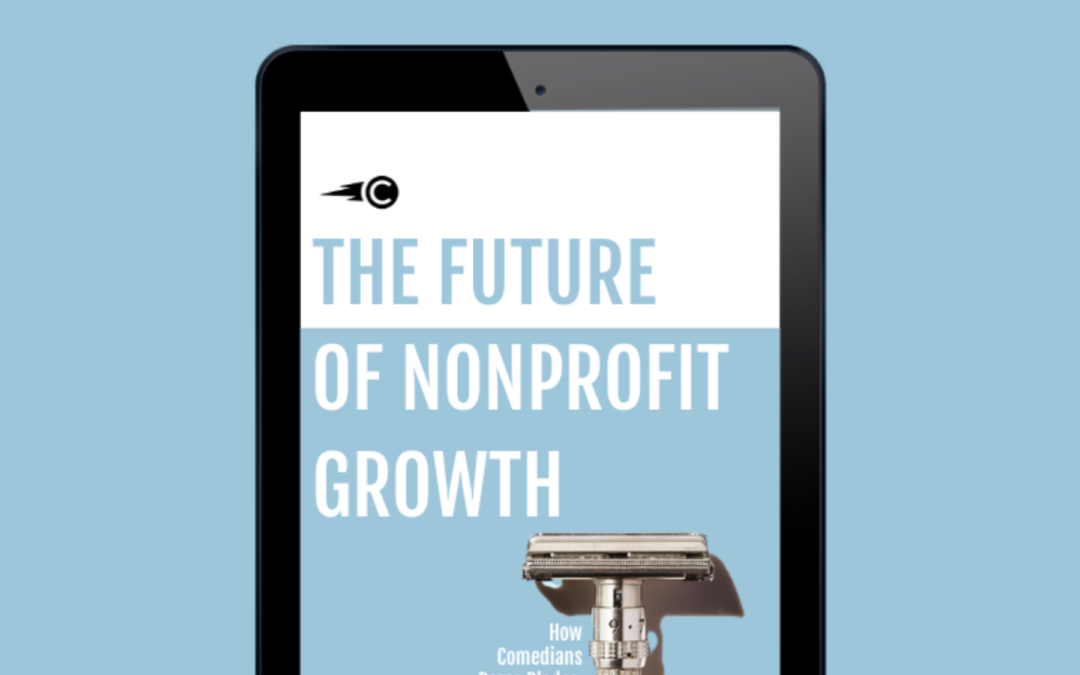
In this free ebook, we’ll take a journey through several surprising (and often, funny!) social movements before introducing the Scalability Tool. Over the last several years this tool has been one of the most talked about and useful innovations we’ve introduced to the CEO’s and Executive Directors we have the pleasure of serving.
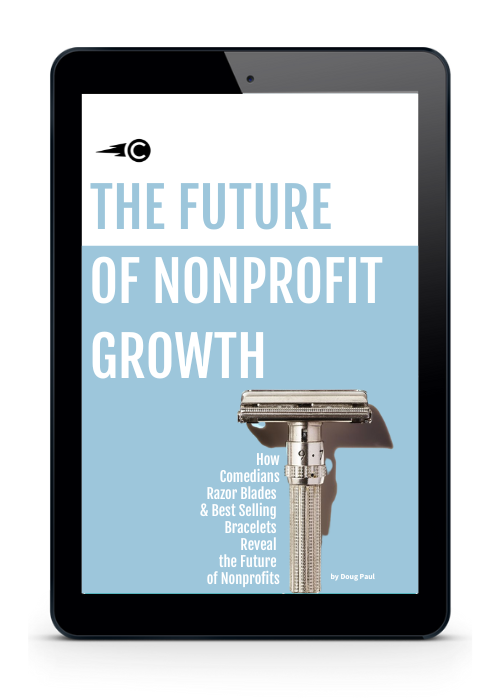

Well I just finished leading a session at the “Future of the Church Summit” with Exponential and I wanted to share one idea I shared there. In fact, it’s one that I’ve been thinking about for the last 18 months.
…but before I get there, let me set the stage about where our ever-increasing-digital-world is.
This is the current digital terrain we live in:
It takes roughly 10 years to get research back on the long-term affects of a new technology, so we’re just seeing the first wave of results about how we relate to smartphones and what they do to us over time. And folks…it’s catastrophic.
What we are talking about is full-blown addiction.
Now in the 1930’s, there was another kind of addiction that finally got some breakthrough: Alcoholism.And through the inspiring work of Bill Wilson and Bob Smith, Alcoholics Anonymous was born. Today, more than 130 million people found freedom from an addiction they just couldn’t break. But even better? Scores of people encountered God and came to faith in Jesus Christ.
So what’s the big idea I’ve been thinking about for the last 18 months? There will be leaders who press into this opportunity to get people freedom from screen addiction. It’s hard to explain the ways in which there is a looming catastrophe on the horizon (if you haven’t watched The Social Dilemma on Netflix, it’s worth the watch). But as with all things, this presents a gospel opportunity for the people of God. Not only do we get to demonstrate what freedom from addiction looks like, we get to share stories of hope and a process for that breakthrough.
I believe getting people this level of freedom presents a generational opportunity for evangelism and discipleship. The question is this: Who will start working on it now?
I think Andy and Amy Crouch have done some great preliminary thinking on this with My Tech-Wise Life and The Tech-Wise Family. I know both of those books have been helpful in how my wife and I are discipling our kids (and ourselves!).
My crazy prayer I’ve been praying all week? Maybe the Lord is spurring one of the readers of this article, or one of the listeners at Exponential, to start the next AA.